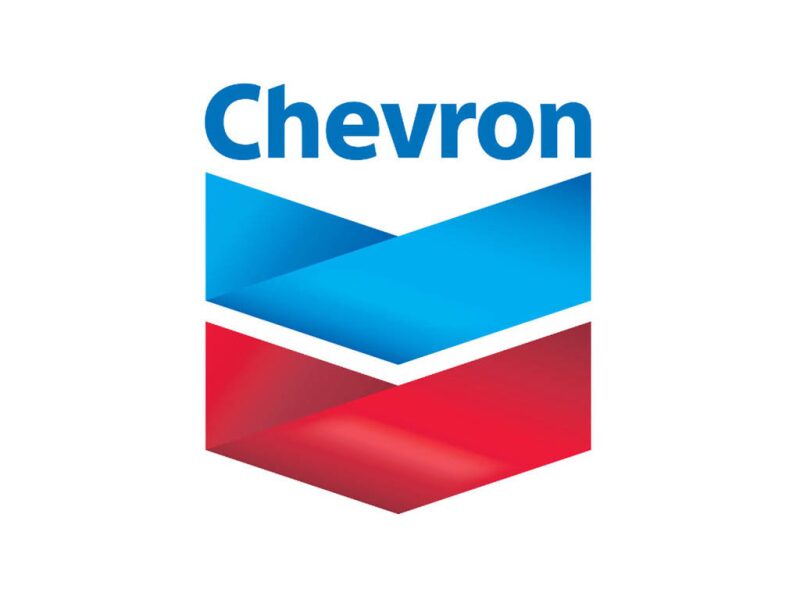Hydrocarbon exploration and production is an industry that tremendously influences lives, cultures, economies, and politics in all nations because of the pervasive impact of energy on everyone. HR Advice has invited Alan Preston, Senior Vice President of Human Resources, Chevron Corporation, to share his insight on how Chevron is facing today’s industry challenges and discuss the HR policies the company has established to meet these challenges.
Claudia Gonzalez Rondon, TWA HR Advice Editor
Tricia Stephens, TWA HR Advice Editor
What are the main factors enabling Chevron to attract young E&P professionals to careers with the company?
There are three primary reasons why Chevron, or other supermajors, can attract young professionals to a career in exploration and production in which they can develop and prosper: tremendous technical challenges, growth opportunities—which at Chevron is clearly represented by a 2007 capital and exploratory budget of USD 20 billion—and international career opportunities, in our case spanning over 180 countries. Having the right people on the right assignments is critical for companies to achieve the goals of their short- and long-term business plans, meaning that strategic staffing studies, competency development, and career planning are taking on utmost importance for the human resources function. The clearest evidence of this for Chevron is in our business plans. Every business unit’s plan includes the need for robust discussions of that particular group’s key people-related issues, the strategies for addressing them, and the milestones the unit will use to track progress toward its “people” goals.
How does Chevron address career development for the people it hires?
Chevron has a variety of approaches in place for career development. The Horizons is an accelerated, competency-based employee-development program designed to help college new hires navigate their first 5 years with Chevron and achieve personal success. It includes challenging job assignments to support professional growth; connections with Horizons peers, subject-matter experts, mentors, and upstream leadership; and introduction to Chevron programs and processes. Further, the extensive employee networks within Chevron provide the environment to connect people with each other, identify mentoring opportunities, and encourage corporate and community involvement across organizational boundaries. Mentoring is an especially important tool. At Chevron, mentoring is the deliberate pairing of a more skilled or experienced person with one of lesser skills and experience—the goal being that the less-skilled person will grow and develop specific competencies and knowledge. Often the more experienced person, the mentor, can also learn a lot about what is important to our young professionals.
How is Chevron facing the challenge of the eventual decline of conventional hydrocarbon energy, and how is the HR organization helping the company implement its strategic response to this?
Like its peers in the industry, Chevron is preparing for the challenges of this decline and the increased need to target frontier areas. In the upstream sector, we are applying industry-leading seismic-imaging, reservoir-modeling, and deepwater-drilling technologies to find and produce oil in previously inaccessible regions of the Gulf of Mexico and in other challenging environments around the world. In the prolific tar sands of Alberta, we are bringing additional energy supplies to market by converting molasses-like bitumen into synthetic crude; and as the global leader in heavy oil, we are employing thermal production methods to dramatically increase the recovery of heavy hydrocarbons from major fields in California, Indonesia, and Venezuela.
The impact on HR is that we are continually making sure that we have the organizational capability within the company to efficiently and effectively invest our resources and successfully complete our many multibillion-dollar upstream projects across the globe. However, the downstream sector poses no less challenge. Chevron has worked with governments around the globe to introduce cleaner-burning conventional fuels that have less impact on the environment. We are also participating in trials to develop hydrogen-fueled vehicles.
For you personally, what have been the key factors in achieving success?
For me, it has been making the first priority in life my wife and family. From a career perspective, it has been always being open to new opportunities, building long-lasting relationships, and focusing on doing the best job possible in whatever job I am in. When it comes to success, I think the primary responsibility is with the individual. Nonetheless, the role of the Human Resources organization is important as well. It is to ensure that:
- Processes exist to facilitate meaningful career-development discussions between employees and their supervisors.
- Information regarding career opportunities within the company are available to young professionals.
- Processes to identify and develop talented young professionals are in place and working effectively.
What advice do you have for your professionals in the early stages of our careers?
Seek out the opportunity to get a work assignment outside your home country early in your career. The opportunities these assignments provide both from a work and personal perspective are tremendous. Remember as well that you can learn from anyone. There is tremendous knowledge and experience that roustabouts and other nondegreed coworkers are willing to share, and we should be sure to take advantage of that.


